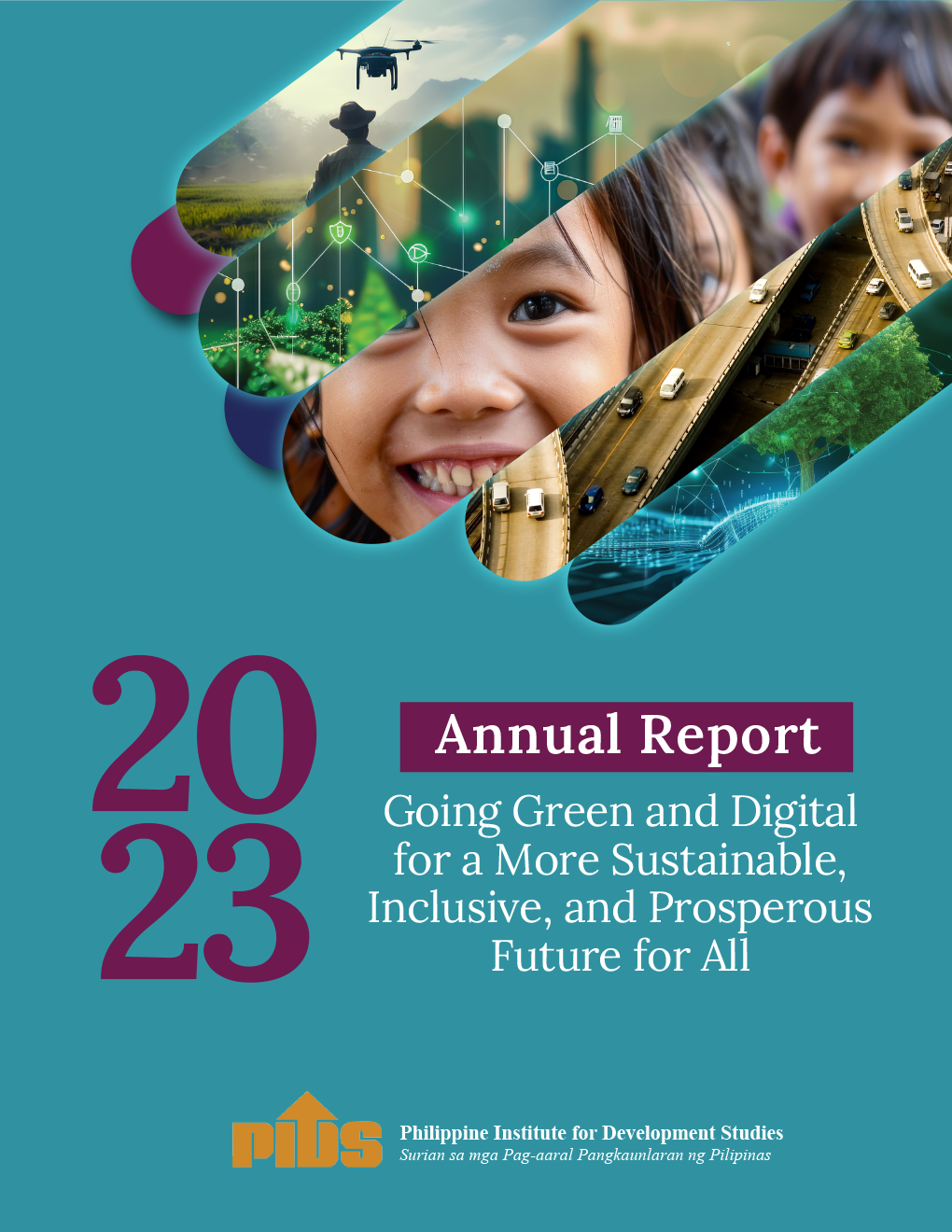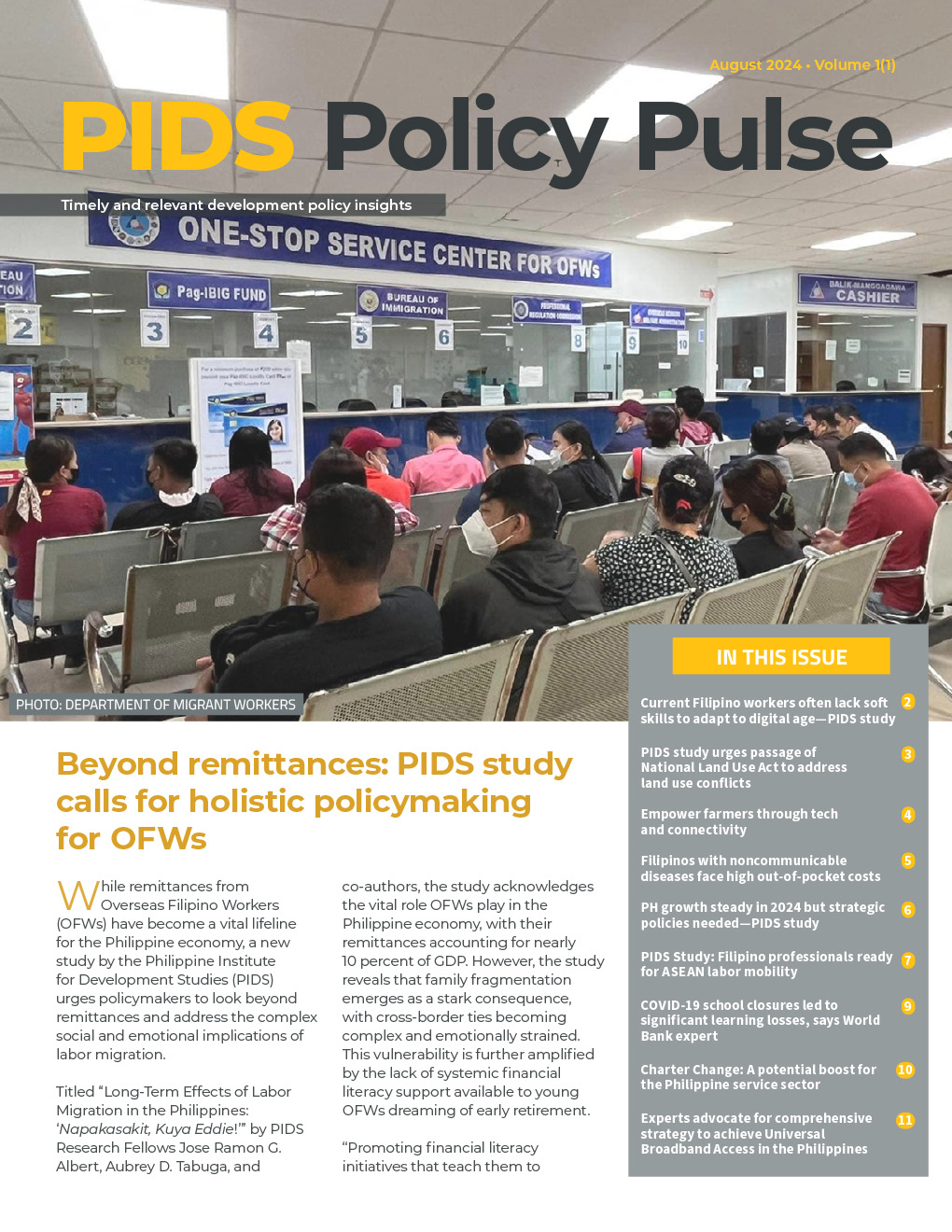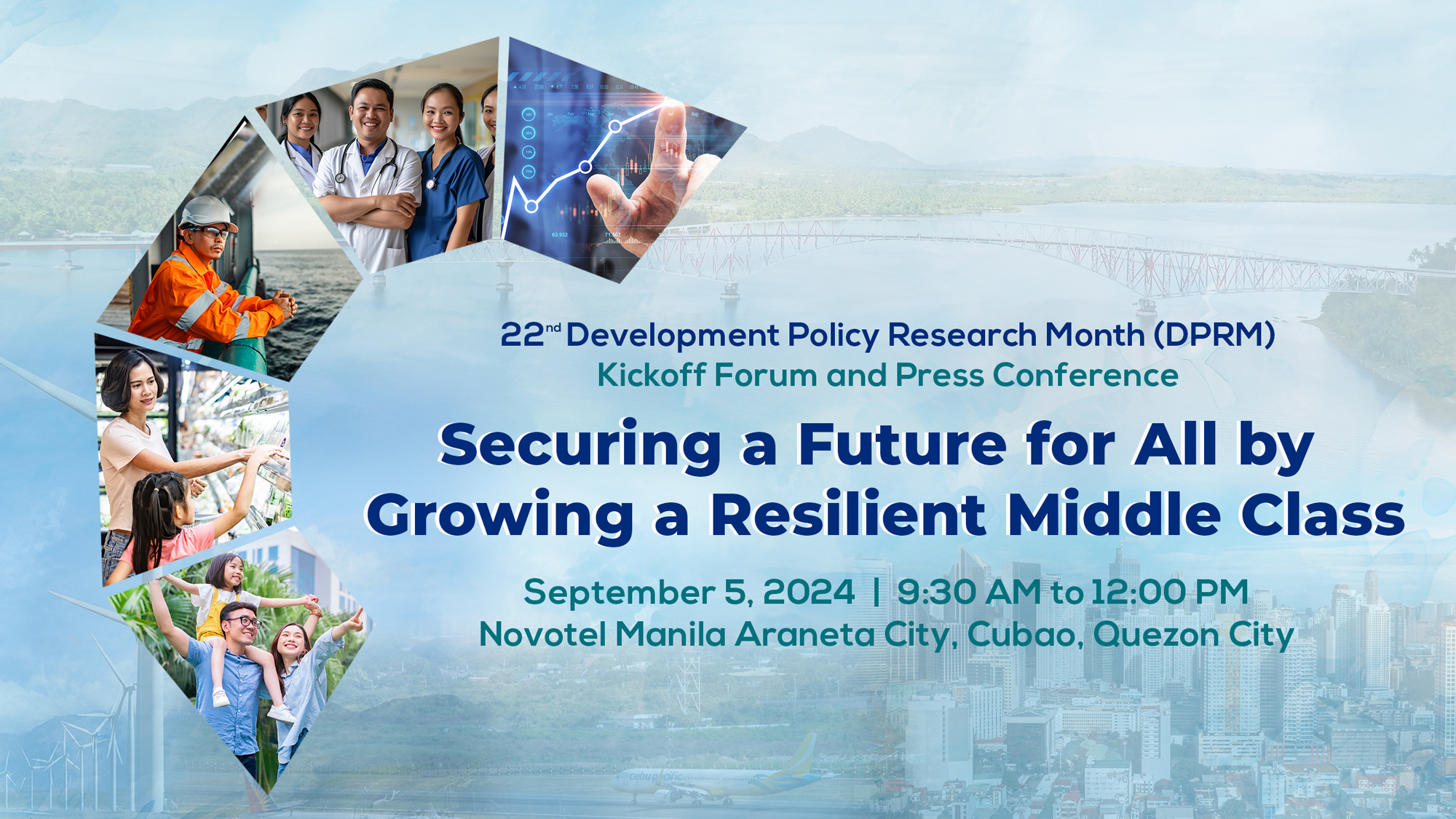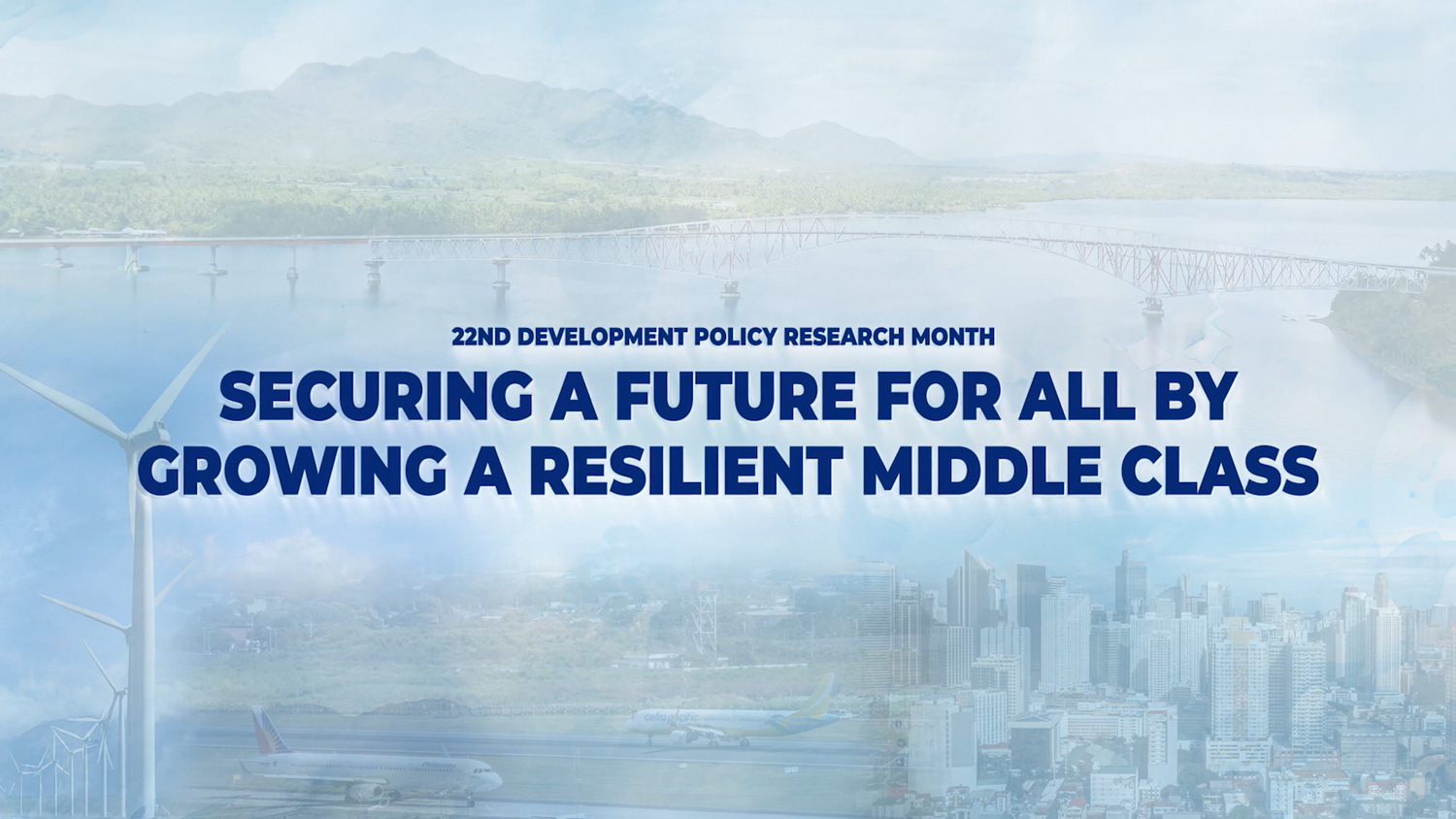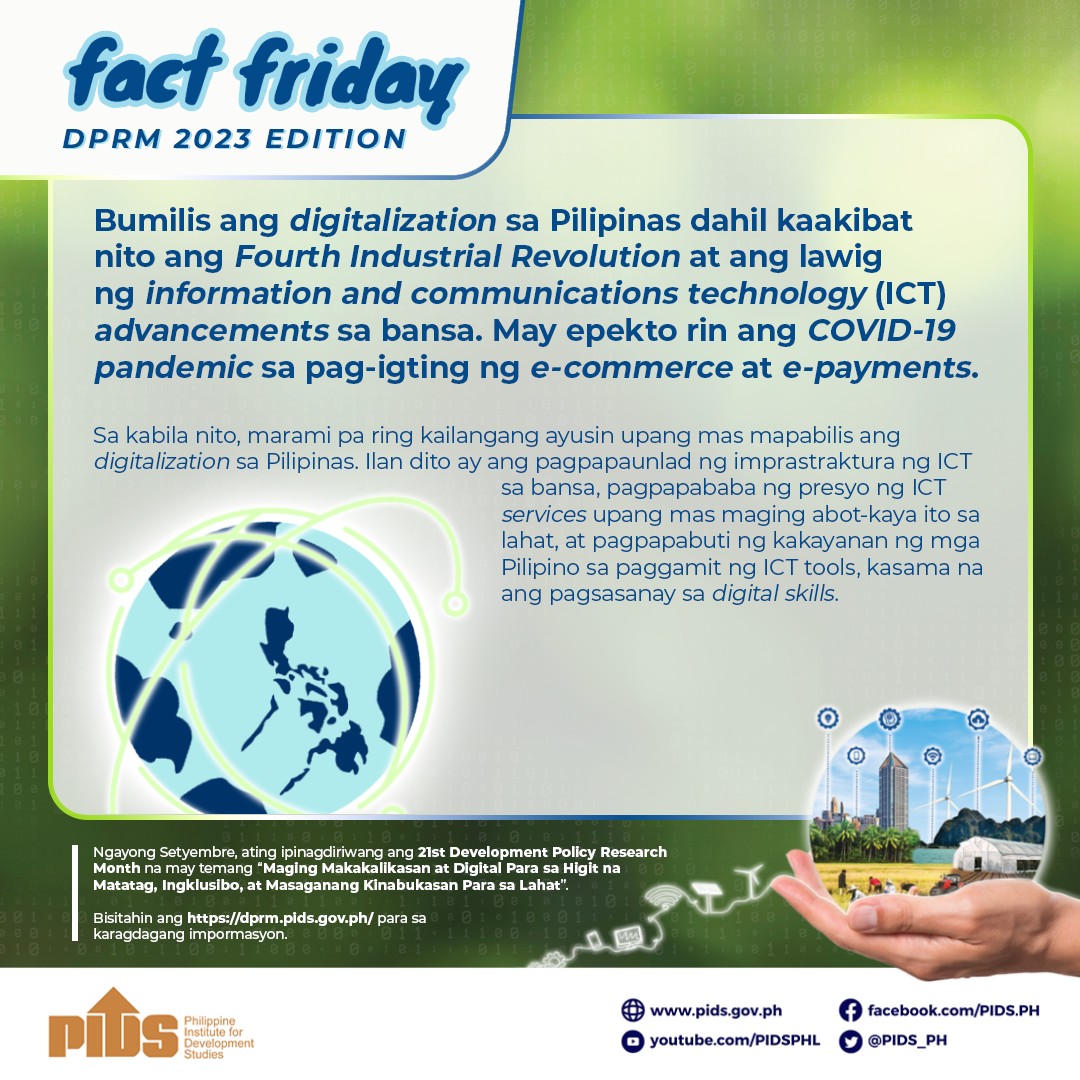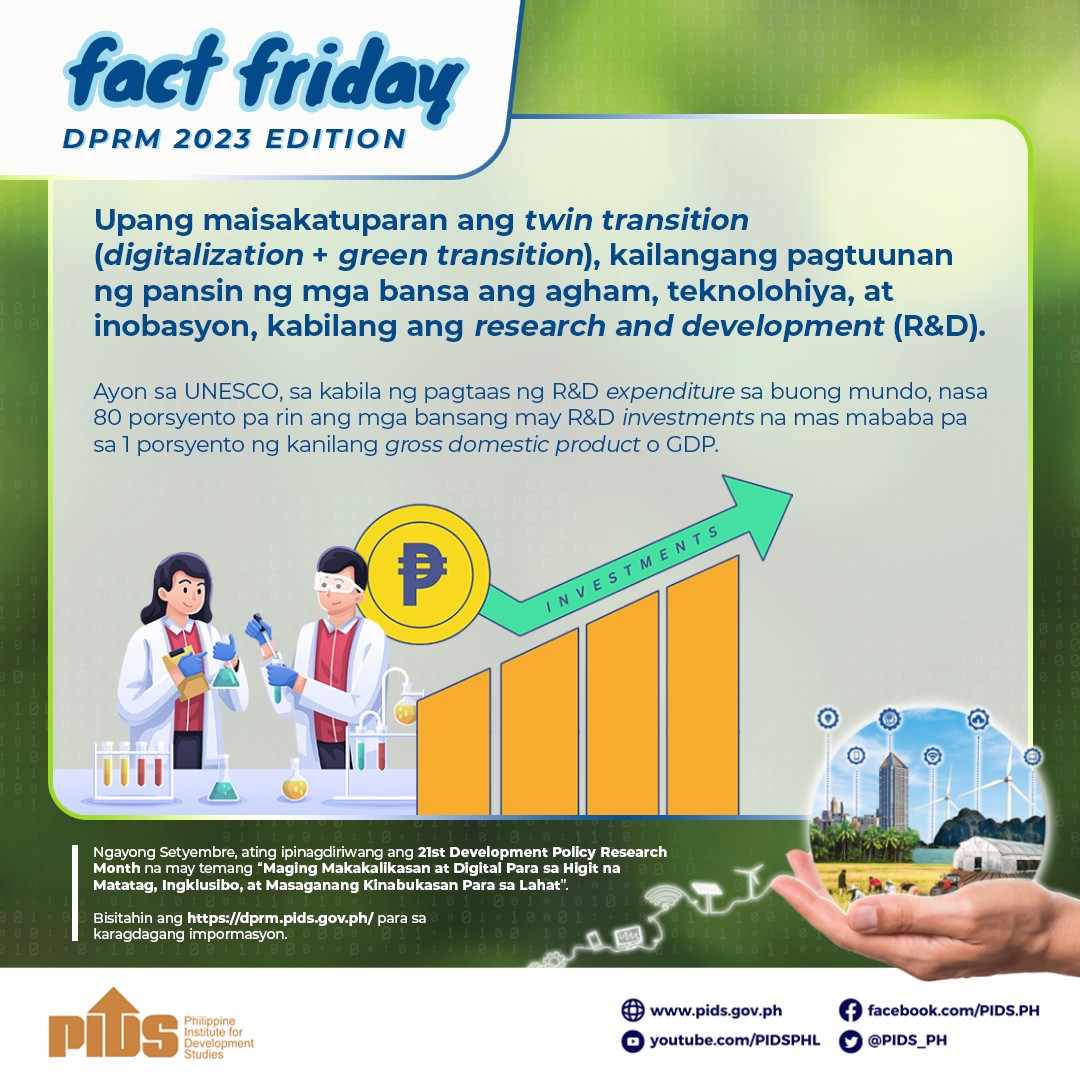AGRICULTURE has been declining, manufacturing has remained stagnant, while services have been the most important Philippine sector from the 1970s onwards, the Trade department said, as it highlighted the need to transform the agricultural sector from traditional farming into a globally competitive agribusiness.
Together with the Philippine Institute for Development Studies (PIDS), the department has listed a number of constraints -- ranging from poor regulatory services to insufficient investment -- that have hampered agriculture.
“I believe that that is what we are doing now -- we have identified the gaps in our industrial policies and have set out and implemented many of the necessary reform measures,” Trade Secretary Adrian S. Cristobal, Jr. said yesterday in a conference that updated industry participants on the department’s Comprehensive National Industrial Strategy (CNIS).
CNIS is the Department of Trade and Industry’s (DTI) action plan that links the manufacturing sector with the agricultural and services sectors. It involves a number initiatives, including human resources development, innovation, research and development, and streamlining and automation of government procedures and regulations.
“In the process, forward and backward linkages will be strengthened, supply chain gaps will be addressed and the industries’ participation in the global and regional value chains will be deepened,” Mr. Cristobal said.
Roehlano M. Briones, PIDS senior research fellow, identified a list of constraints such as “supply chain and coordination issues” that leave small farmers at a great disadvantage.
“Small farmers’ lack of access to technologies, technical knowledge, quality inputs, financing,” he said, adding that this has made them unable to supply the requirements of processors of farm products.
He said, for instance, that highly perishable products such as fruits and vegetables were not given the required well developed logistics, transport and marketing services.
“Some industries whose established coordination bodies became inactive,” he said, citing as example the Philippine Seaweed Industry Council.
Mr. Briones also said that research and development in agriculture had been insufficient and fell below what he said was the rule-of-thumb of 1% of the sector’s gross value added. “This has never happened,” he said.
He also pointed to the meager allocation to major commodities and high-value products, including the absence of a rubber research institute, which was in contrast to Malaysia’s strategy, allowing the country’s regional neighbor to go far ahead and lead in rubber products.
He also said the country has “poor quality of regulatory services”. For the rubber industry, for instance, the lack of standards on rubber grades “broke the link from rubber growers to local manufacturers.”
Another example are cacao processors who lack the funds to invest in the needed machinery, technology and certification process, he said.
“Development of the rural economy is a key factor for achieving inclusive growth,” Mr. Briones said. “Agricultural development in the Philippine context involves transition from farming to agribusiness.”
He said rural transformation could be attained only through upgrading and restructuring of supply chains to gain competitive advantage in high-value agro-industrial products.
“Reforms will require multi-stakeholder consultation through the operationalization of agribusiness road maps,” he said.//
Together with the Philippine Institute for Development Studies (PIDS), the department has listed a number of constraints -- ranging from poor regulatory services to insufficient investment -- that have hampered agriculture.
“I believe that that is what we are doing now -- we have identified the gaps in our industrial policies and have set out and implemented many of the necessary reform measures,” Trade Secretary Adrian S. Cristobal, Jr. said yesterday in a conference that updated industry participants on the department’s Comprehensive National Industrial Strategy (CNIS).
CNIS is the Department of Trade and Industry’s (DTI) action plan that links the manufacturing sector with the agricultural and services sectors. It involves a number initiatives, including human resources development, innovation, research and development, and streamlining and automation of government procedures and regulations.
“In the process, forward and backward linkages will be strengthened, supply chain gaps will be addressed and the industries’ participation in the global and regional value chains will be deepened,” Mr. Cristobal said.
Roehlano M. Briones, PIDS senior research fellow, identified a list of constraints such as “supply chain and coordination issues” that leave small farmers at a great disadvantage.
“Small farmers’ lack of access to technologies, technical knowledge, quality inputs, financing,” he said, adding that this has made them unable to supply the requirements of processors of farm products.
He said, for instance, that highly perishable products such as fruits and vegetables were not given the required well developed logistics, transport and marketing services.
“Some industries whose established coordination bodies became inactive,” he said, citing as example the Philippine Seaweed Industry Council.
Mr. Briones also said that research and development in agriculture had been insufficient and fell below what he said was the rule-of-thumb of 1% of the sector’s gross value added. “This has never happened,” he said.
He also pointed to the meager allocation to major commodities and high-value products, including the absence of a rubber research institute, which was in contrast to Malaysia’s strategy, allowing the country’s regional neighbor to go far ahead and lead in rubber products.
He also said the country has “poor quality of regulatory services”. For the rubber industry, for instance, the lack of standards on rubber grades “broke the link from rubber growers to local manufacturers.”
Another example are cacao processors who lack the funds to invest in the needed machinery, technology and certification process, he said.
“Development of the rural economy is a key factor for achieving inclusive growth,” Mr. Briones said. “Agricultural development in the Philippine context involves transition from farming to agribusiness.”
He said rural transformation could be attained only through upgrading and restructuring of supply chains to gain competitive advantage in high-value agro-industrial products.
“Reforms will require multi-stakeholder consultation through the operationalization of agribusiness road maps,” he said.//

